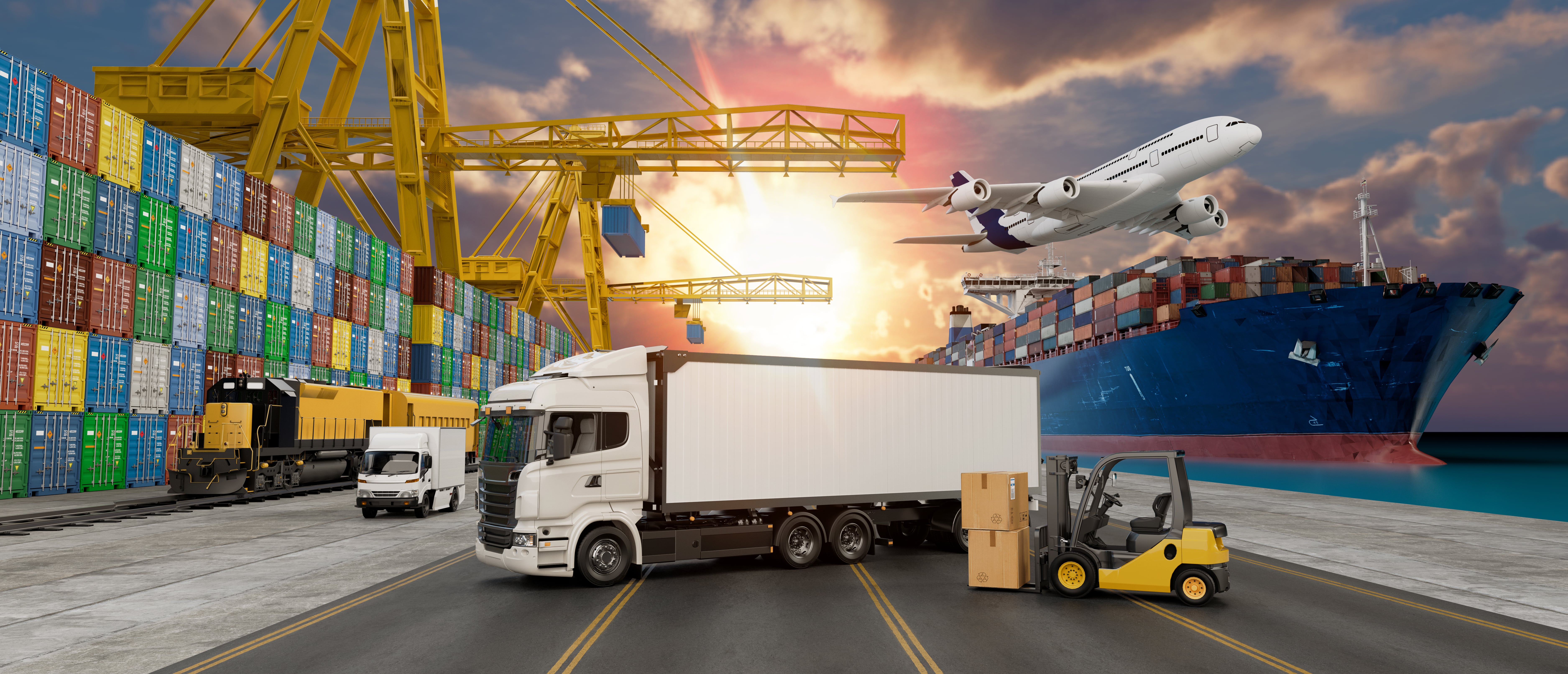When the transportation of goods determines the nature of a business across cities, states, or even countries, it becomes imperative to select the best shipping option available. FTL vs. freight forwarding is something you may have heard of if you are a startup or growing. Both are logistics service options of a more significant array, with different objectives. This blog will illustrate the terms, differentiate, and help select the one appropriate for your business needs.
What Is FTL?
FTL is an acronym for Full Truckload, which is precisely what it means-that you hire an entire truck for a shipment. It is ideal when you have sufficient goods to fill a truck, or you do not want to share trailer space with other consignments.
What Is Freight Forwarding?
Freight forwarding services are involved with blending the shipment of goods from one place to another using any number of carriers, transport modes (road, air, sea, or rail), and routing options. Freight forwarders themselves do not even carry the goods; they serve as an intermediate who assures that the logistics are taken care of for you.
Freight Brokerage Services: Another Option to Consider
In the USA, another favored option among businesses is to use freight brokerage services. Freight brokers connect shippers (you) to trucking companies (carriers) that have space available when you are looking to move freight. Freight brokers do not own trucks but rely heavily on their established networks to pair you with the best freight fit.
Key Differences: FTL vs Freight Forwarding
Full truckload transportation (FTL) and freight forwarding can fit different logistics needs with different features. FTL transportation consists of one truck shipped directly to its final destination, which is suitable for huge domestic shipments that take up a truckload. It is faster due to point-to-point delivery; however, it may be costly, especially if the truck is not filled.
Freight forwarding will take on small to large packages for shipments internationally and may use different modes of transport, including air, sea, road, and rail. Freight forwarding will charge you more flexibly and is often based on the distance and weight of the shipment. Freight forwarding also needs to clear customs before departing on international shipping, while FTL transportation doesn't and can vary greatly with speed depending on distance and what mode of transport the freight forwarder has selected.
So, What Does Your Business Need?
For businesses that have the need to move cargo in huge quantities within the U.S. and want faster delivery, FTL service through a freight broker is often the best choice. They have a devoted truck, less delays, and more say on the delivery timing.
Titles of freight forwarders are more adaptable prospective so as to carry shipments that require help in Customs clearance or to combine several shipments from export.
At times, several companies may indeed use both. An example is a freight forwarder who will oversee a shipment to the port in the U.S., while a freight broker will arrange for the FTL shipping from the port to your warehouse.
The options are many; each serves differently for each need. It depends on price, amount of shipping, delivery timelines, and international-domestic shipping concerns. Understanding the difference between FTL vs freight forwarding, along with how freight brokerage services fit into transportation services as an entirety, could help you significantly. Also, it will help you choose the right fit for your interests in terms of saving time, money, and ensuring happy customers!
So if you are keen to make your logistics service as easy as possible, work with skilled experts who add significance to your shipping approach. Whether it's a freight forwarder you trust to put together an affordable international shipping plan or a professional freight broker in the USA.


-min-1763722885109.jpg)
